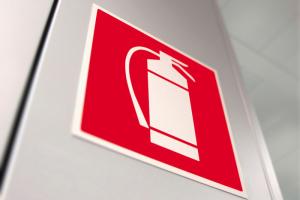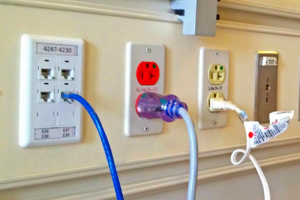Tracking energy conservation progress
A hospital’s ability to fulfill its patient care mission is dependent on its access to reliable and dynamic sources of energy. Sources that facilities teams are consistently tasked with making more efficient.
Many in the field turn to energy conservation measures (ECMs) to accomplish this. These strategies are employed to reduce the energy consumption of a system or piece of equipment to lower the overall energy use of the building. A few examples of common ECM strategies are peak shaving; preventive maintenance of heating, ventilating and air-conditioning equipment; and LED lighting upgrades. When used in coordination, ECMs are effective energy optimization tools.
The abundance of available ECMs poses its own challenge, however. Which ECM strategies are best suited to a given facility? How will facilities teams accurately track the progress of the numerous upgrades happening on a campus at any one time?
The American Society for Health Care Engineering (ASHE) developed the Energy Gap Analysis Tool, which provides a progressive view of 37 ECMs that facilities managers can use to track their facilities’ percentage of implementation for each measure. The Energy Gap Analysis Tool can be used in conjunction with the ECMs identified on the American Hospital Association/ASHE Sustainability Roadmap for Health Care™, helping health care facilities identify and track which energy optimization project to tackle next. Facilities managers can visit ASHE's website to learn more about the Sustainability Roadmap and the ECMs.
As its title implies, the Energy Gap Analysis Tool primarily focuses on energy. However, energy is just one component that can be tracked, presenting an opportunity to expand the tool to include factors like greenhouse gases and water. ASHE plans to upgrade the tool to allow organizations to track the progress of numerous sustainability projects, so stay tuned.
Austin Wallace, M.A., senior sustainability specialist, American Society for Health Care Engineering.




